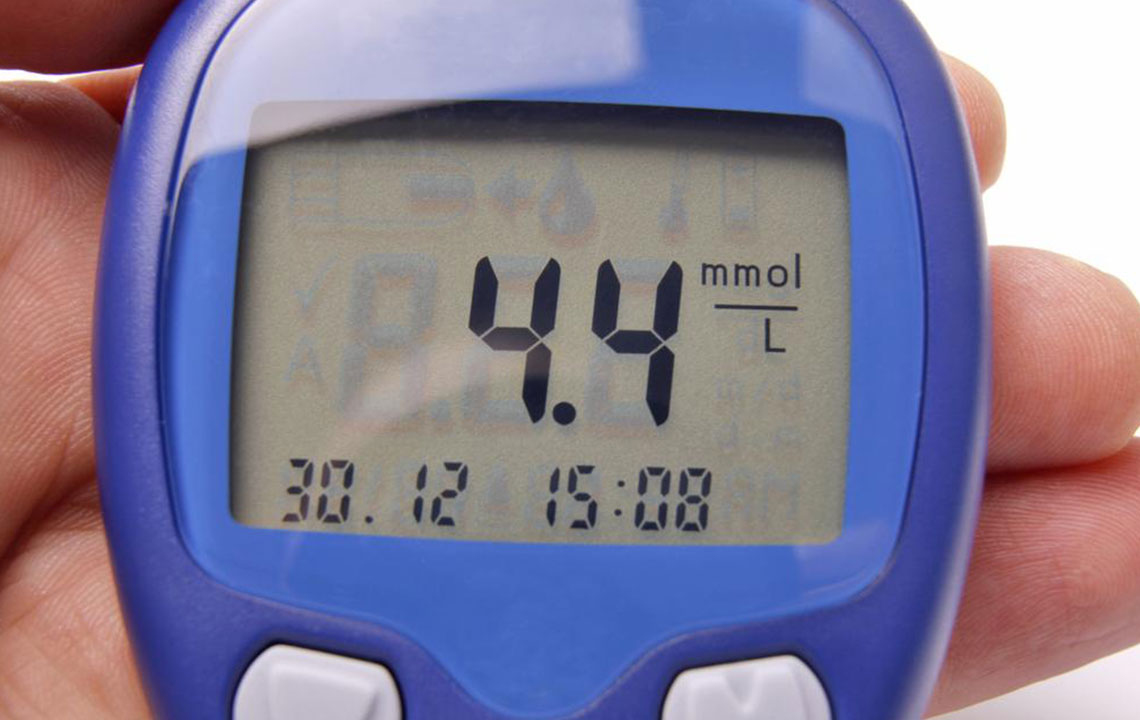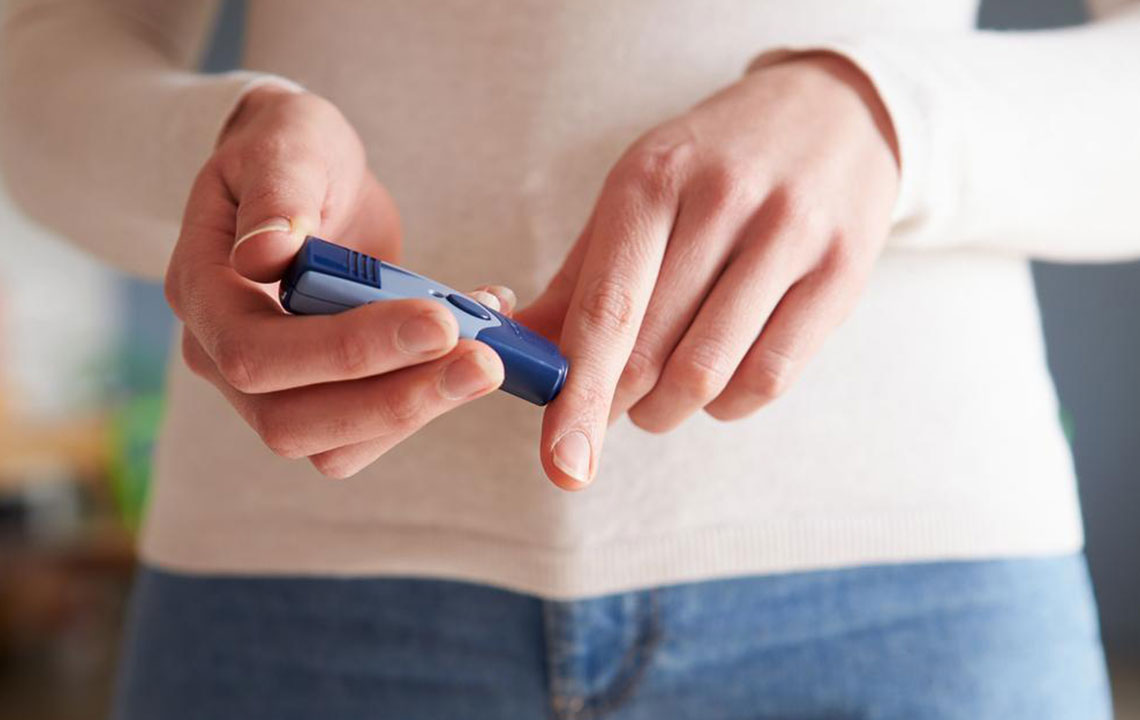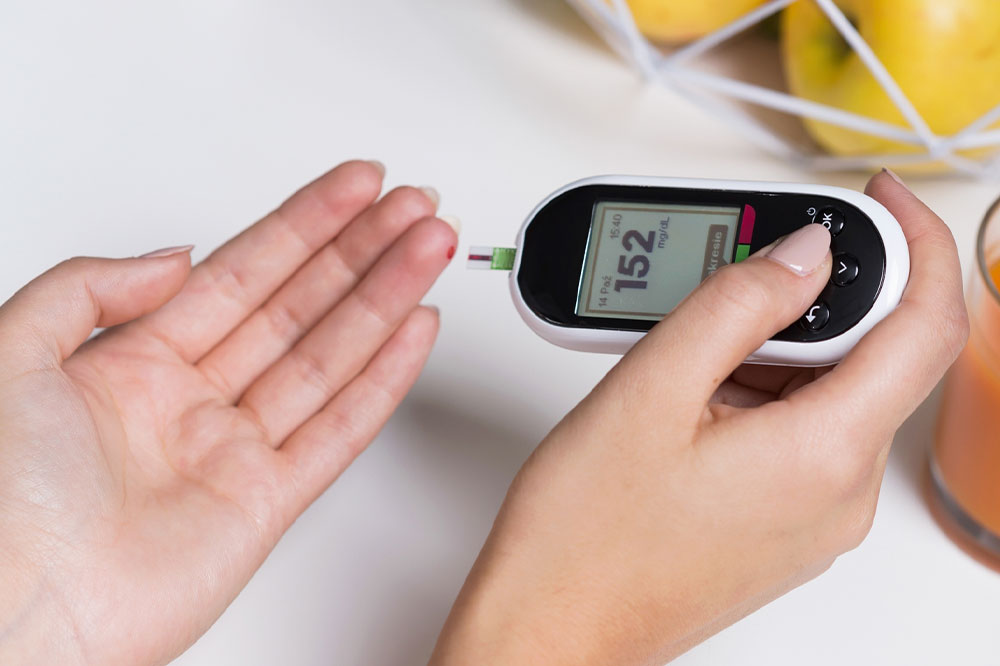Comprehensive Guide to Recognizing the Early Signs of Low Blood Sugar Levels
This comprehensive guide details the critical signs of low blood sugar levels, enabling early detection and management. Recognizing symptoms like hunger, trembling, anxiety, and dizziness can prevent serious health issues. The article emphasizes regular glucose monitoring, prompt dietary responses, and seeking medical advice for effective hypoglycemia control, especially important for diabetics and at-risk individuals. Staying informed about hypoglycemia symptoms helps maintain overall health, safety, and well-being, providing practical tips for immediate action and long-term management of blood sugar levels to prevent emergencies.

Comprehensive Guide to Recognizing the Early Signs of Low Blood Sugar Levels
Understanding the subtle symptoms of low blood sugar is crucial for maintaining health, especially for individuals with diabetes. Recognizing these signs early can prevent serious complications and improve overall well-being.
Hypoglycemia, commonly known as low blood sugar, occurs when the glucose levels in your bloodstream fall below the normal range, typically under 70 mg/dl. Since glucose is the primary source of energy for your body's cells, especially your brain, a deficiency can impair mental function, reduce physical coordination, and lead to a variety of health issues. This condition is particularly prevalent among people living with diabetes, particularly those who rely on insulin or other blood sugar-lowering medications. However, anyone can experience hypoglycemia, especially if they skip meals, engage in intense physical activity without proper nutrition, or have underlying health conditions affecting glucose metabolism.
Most episodes of hypoglycemia are mild and manageable if identified early. Typical responses include consuming foods rich in glucose, such as fruit, raisins, candies, or glucose tablets. Nevertheless, ignoring the early symptoms can lead to severe health risks, including confusion, fainting, seizures, or even loss of consciousness. Therefore, being vigilant and aware of the warning signs of low blood sugar is essential for prevention and prompt intervention, enabling individuals to better manage their health and avoid potentially dangerous outcomes.
Persistent Hunger: One of the earliest signs of hypoglycemia is feeling intensely hungry despite having recently eaten. This occurs because the body is signaling a need for more glucose. Responding quickly with a small, nutrient-dense snack like a piece of fruit, a handful of dried raisins, or a sugary candy bar can help restore blood sugar levels and reduce discomfort.
Shaking and Tremors: Unintentional shaking or trembling hands can be a telltale sign that your nervous system is being affected by low blood sugar. These involuntary movements are the body's response to an energy deficit within the nervous system, signaling a critical need for glucose to function normally.
Anxiety or Nervousness: Sudden episodes of anxiety, nervousness, or jitteriness often occur as the body releases adrenaline in an attempt to elevate blood sugar. This hormonal response mimics the feeling of stress and can be mistaken for anxiety disorders but is actually a physiological reaction to hypoglycemia.
Nighttime Restlessness: Low blood sugar can also manifest during the night, causing sleep disruptions. Individuals may experience nightmares, excessive sweating, or wake abruptly feeling confused or disoriented. Nighttime hypoglycemia can be particularly dangerous because it may go unnoticed while sleeping but can lead to dangerous drops in blood sugar without immediate awareness.
Dizziness and Light-headedness: Feelings of dizziness, dizziness, or a sensation of being about to faint are common symptoms. These symptoms should not be ignored, as they increase the risk of falls and injuries. If you experience these sensations, sitting or lying down immediately and checking your blood sugar can prevent accidents and allow quick corrective measures.
Excessive Sweating: Sudden, unexplained sweating that happens without physical exertion or high temperatures is often an early warning of hypoglycemia. This sweating can happen during the day or night and is a reflex response to the body's hormonal adjustments to low glucose levels.
Mood Swings and Mental Confusion: Low blood sugar can significantly impact mental health, causing mood swings, irritability, confusion, and difficulty concentrating. If these symptoms occur suddenly and are uncharacteristic of your normal state, they may be linked to hypoglycemia and warrant immediate attention.
Monitoring your blood glucose regularly, especially if you have diabetes, is vital for early detection and management of hypoglycemia. Keeping a log of your readings, recognizing the early signs, and acting promptly can prevent more serious health issues. If you experience multiple or severe episodes of low blood sugar, consult your healthcare provider to discuss adjusting your management plan. Educating yourself about these warning signs empowers you to take quick action, maintain your health, and improve your quality of life. Remember, awareness and prompt response are your best defenses against the adverse effects of hypoglycemia.





